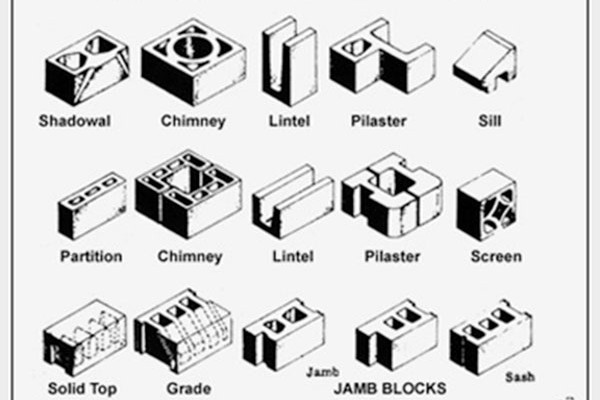If you Google ‘writer’s block’, the miracle that is the internet serves you 81 million responses in 0.35 seconds. You can identify which of the ‘10 Types of Writer’s Block’ might be plaguing you, and then attack it with ‘5 Tips for Punching Writer’s Block in the Face’ or ‘7 Strategies to Outsmart Writer’s Block’.
There are countless writing exercises that promise to help you. There are also some crackpot theories about why it happens: ‘As writers, our creative processes happen primarily in the right hemisphere of the neo-mammalian brain. Writer’s block happens because many of our emotional responses – especially our reactions to stress and anxiety – lock us out of that part of the brain …’
Not-writing can be a maddening and depressing experience. Not-writing (as opposed to doing something useful such as, say, visiting friends or paying bills or getting on with the life you have that doesn’t include writing) is the condition of attempting to write and finding yourself unable. I don’t know a single writer who hasn’t experienced not-writing. It can be profoundly unpleasant, the psychic equivalent of repeatedly running into a wall.
And yet – despite my frequent experiences of not-writing – I’ve been a life-long writer’s block sceptic. Nay, I am a writer’s block denialist. Writer’s block emerges from the notion that the writer qua writer spends the entirety of her conscious life writing, as if she were a language machine. Any time not spent churning out words, sentences, pages, tomes, is an interruption of productivity and therefore a problem to be solved.
This itself is a symptom of the broader drive towards ever-increasing productivity. Most writers are freelancers of one kind or another, subject to the pressures of an unstable and unpredictable market. For many of us, unless we have a private income, writing is a means of making a living as much as it is a vocation. The pressure is on: in this fast-moving digital world, the last achievement evaporates into the necessity to write the next thing, to tip another article, essay, novel, play or poem onto the vast rubbish heap of cultural production. The sign of ‘success’ is an endless perspective of deadlines.
How much is the torment of not-writing to do with this pressure to produce? What if not-writing is also idleness, daydreaming, contemplation and reverie, those crucial dalliances of writerly imagination? Have these essential non-activities become illegitimate waste products, shameful non-production that must be labelled (‘writer’s block’) and then treated with a variety of therapies? Perhaps we should just leave not-writing alone, as farmers leave a field fallow to permit the soil to regenerate. Maybe not-writing is as important as actually putting words down on a page.
Sometimes you have to not-write. Sometimes writing just isn’t ready to be written. Granted, like every writer, I can find not-writing very painful. If I have structured my life in order to permit me to write, what does it mean when I can’t? Not-writing can be a unique misery, a special condition of existential uselessness. It’s even worse when it collides with the imperatives of a deadline.
Yet it’s a mistake to think of not-writing as something to conquer, a problem that will be magically solved by heroically transcending human weaknesses and fears and rising to the nirvana of #amwriting. Sometimes the only thing that drives through the miasmic confusion of not-writing is the terror of the deadline. Sometimes that is a positive thing – but it’s not an unalloyed good. Sometimes it might have been better to have not-written, in order to write something better, later.
The cloud of unknowing, in art as in mysticism, is the means to enlightenment. To negotiate it, you need blind faith, nerves of carbon fibre, an infinite capacity for patience and (optional) a reliable supply of chocolate. To treat it as a ‘block’, an obstacle, is to mistake its nature. Not-writing is not the absence of writing: it’s writing’s negative presence.
Not-writing is the countless failures, tiny and immense, that bedevil a life spent arranging words on a page. Each of those failures – the words not written, the words written wrongly – is mutely embedded in the work that finally emerges. The more achieved a final work, the longer its shadow of not-writing. We disrespect the value of not-writing at our peril: the innumerable missteps, the paths chosen and abandoned, the lost hours spent staring blankly at a screen, are all part of the intricate processes of making and discovery. The more failures and discards and mistakes along the way, the richer the possibilities in the eventual work.
Yes, sometimes not-writing may be a sign that you shouldn’t be writing a work at all. But telling the difference between the work that ought to be abandoned and the work that merits persistence and struggle is an occult science, discoverable only through an arduous process of trial and error (and sometimes not even then). Every writer is different. And if you do abandon a work, that’s okay. In writing, nothing is wasted. Especially not-writing.



